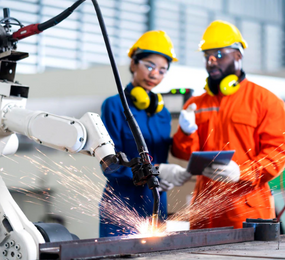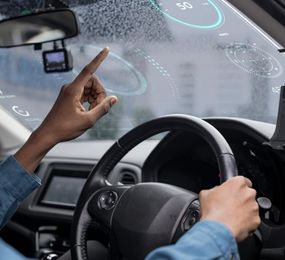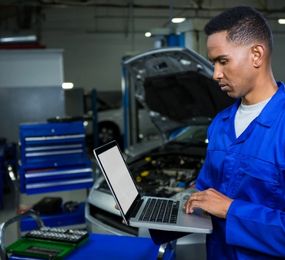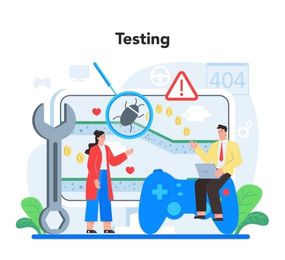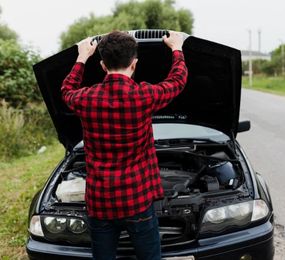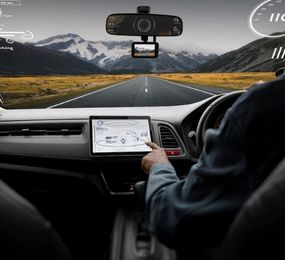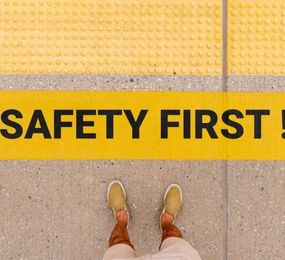The concept of self-driving cars has captured our imagination, painting a picture of a future where commutes are effortless and accidents become a thing of the past. However, for this vision to become reality, ensuring the safety of autonomous vehicles is paramount. This is where functional safety steps in as the guardian angel of self-driving cars.
Functional Safety: Building Trust in Autonomous Systems
Functional safety is an engineering approach that minimizes the risk of malfunctions within a system. In the context of autonomous vehicles, it guarantees that the vehicle operates as intended under all foreseeable conditions. This encompasses critical systems like:
-
Perception: Sensors like cameras, LiDAR, and radar must accurately perceive the surrounding environment.
-
Planning and Decision-Making: AI and software systems need to make safe and ethical decisions based on real-time data.
-
Control Systems: Steering, braking, and acceleration systems must function flawlessly to execute planned maneuvers.
Why Functional Safety Matters
Here's why functional safety is crucial for autonomous vehicles:
-
Mitigating Risks: Even the most advanced systems can malfunction. Functional safety ensures these malfunctions don't lead to catastrophic accidents.
-
Building Public Trust: For autonomous vehicles to gain widespread adoption, the public needs to have confidence in their safety. Functional safety demonstrates a commitment to reliable technology.
-
Regulatory Requirements: As autonomous vehicles become a reality, regulations will likely mandate adherence to robust functional safety standards.
Implementing Functional Safety in Autonomous Vehicles
Achieving functional safety in autonomous vehicles requires a multi-pronged approach:
-
Rigorous Development Processes: Functional safety principles need to be integrated throughout the design, development, and testing phases.
-
Risk Management: Proactive identification and mitigation of potential hazards is essential.
-
Testing and Validation: Extensive testing in simulated and real-world environments is crucial to ensure system reliability.
-
Redundancy and Fail-Safe Mechanisms: Critical systems should have built-in redundancy and fail-safe mechanisms to minimize the impact of malfunctions.
Functional safety is the cornerstone of building trust in autonomous vehicles. By prioritizing robust functional safety measures, we can pave the way for a future where self-driving cars become a safe and reliable reality, transforming transportation for generations to come.
Register today to secure your spot, please check here: https://bit.ly/3zH7AKk
For more information and group participation, contact us: [email protected]


